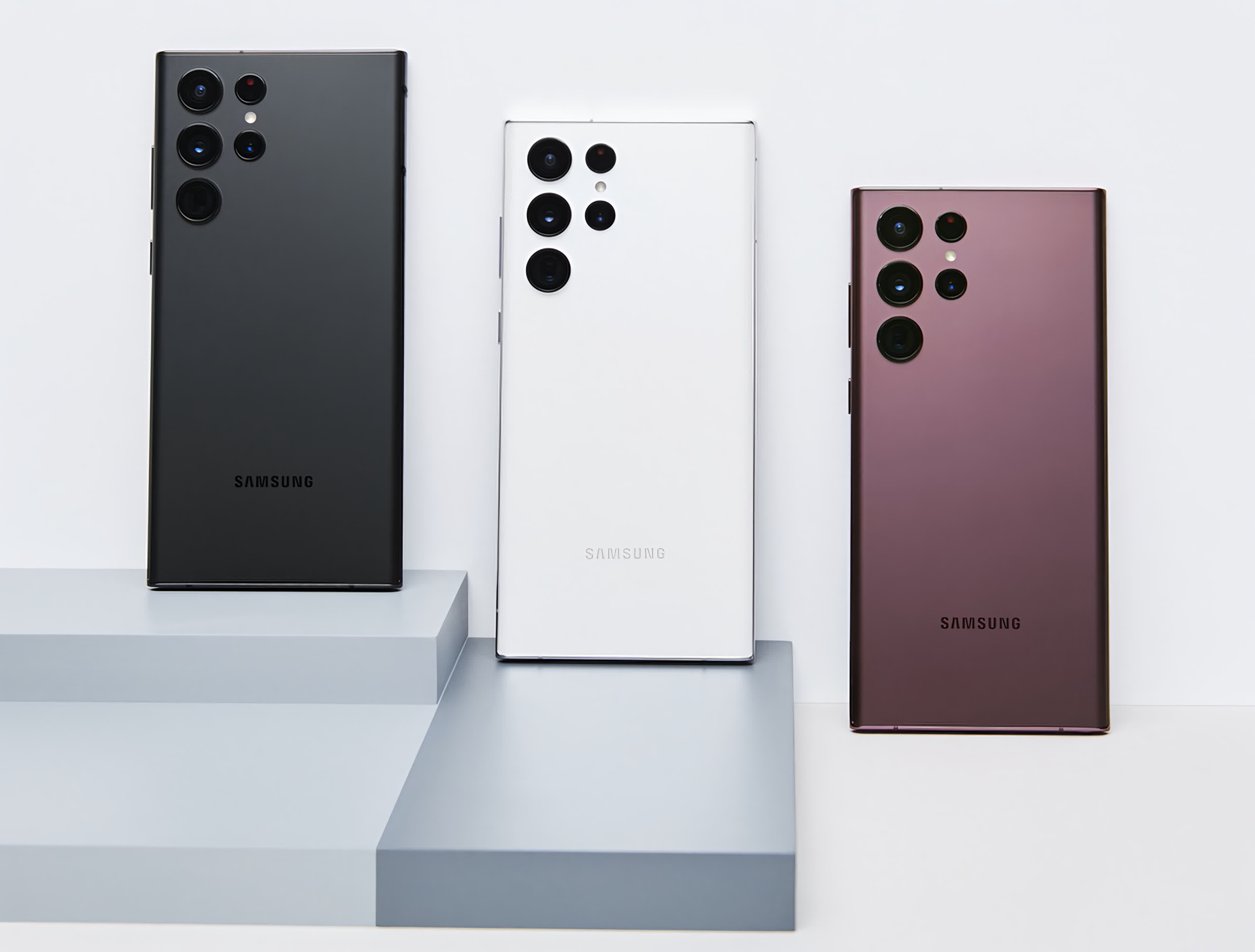Why it matters: Some people may remember how OnePlus got delisted from Geekbench for manipulating benchmark results and then throttling popular apps and games that were being run on its phones. A similar issue has been observed on some Galaxy phones, but it’s unclear whether Samsung deliberately chose to do this to make its devices look better on paper.

Samsung’s Galaxy S22 phone lineup launched to generally positive reviews, with a familiar design, improved internals, and a gorgeous display being the highlights. However, the software side of things has always been a bit of a mixed bag on Galaxy phones, and this time is likely no different.
According to several reports, the Korean giant may have been limiting the performance of a large number of apps on some Galaxy phones. As noted by Android Authority, over the past few years some manufacturers have used this technique as a way to improve battery life and prevent the SoC from overheating, not to mention manipulate benchmark results.
The issue was first brought into focus by YouTuber and Twitter user GaryeonHan and confirmed on Korean social media by several Galaxy users. Apparently, no less than 10,000 apps are affected, most of them games, which are known to be more demanding on phone hardware. The list also includes apps like Netflix, Microsoft Office, TikTok, Spotify, YouTube Music and Instagram, as well as some of Samsung’s own apps such as Samsung Pay, Bixby, and Secure Folder.
In a demonstrative video, GaryeonHan shows how apps on the list are being prevented from accessing the full hardware capabilities of Galaxy phones by Samsung’s so-called Game Optimizing Service (GOS). Meanwhile, benchmarking apps like Antutu, 3DMark, GFXBench, and GeekBench 5 are allowed to run without any artificial performance limits. This prompted backlash on Samsung’s forums from many users who discovered they’ve been affected by the issue.
A recent post on Naver suggests Samsung is currently investigating the GOS issue, so it won’t be long before we’ll see an official position on the matter.